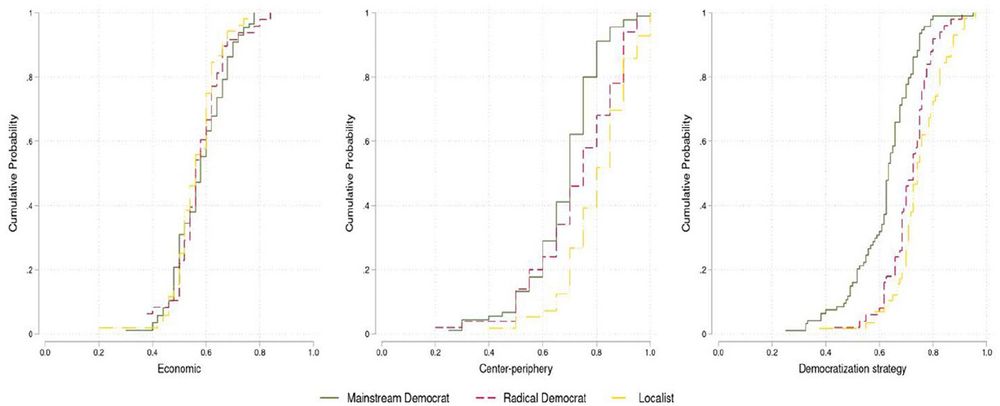
I study autocratization, radical politics & information-updating
More on: https://www.kmchan.page/

Here are the award committee’s comments about the previous draft of this paper. Cheers 🥂

Here are the award committee’s comments about the previous draft of this paper. Cheers 🥂
Like my recent publications and other works in my pipeline, this paper’s focus lies in the intersection of the three circles.

Like my recent publications and other works in my pipeline, this paper’s focus lies in the intersection of the three circles.
One important resource that I use is De Vries’ book. The alternative state in the ref. country (autocratization) can serve as benchmark for citizens to evaluate their democracy

One important resource that I use is De Vries’ book. The alternative state in the ref. country (autocratization) can serve as benchmark for citizens to evaluate their democracy









Interested in the Google Trends Figure? More in the paper

Interested in the Google Trends Figure? More in the paper

